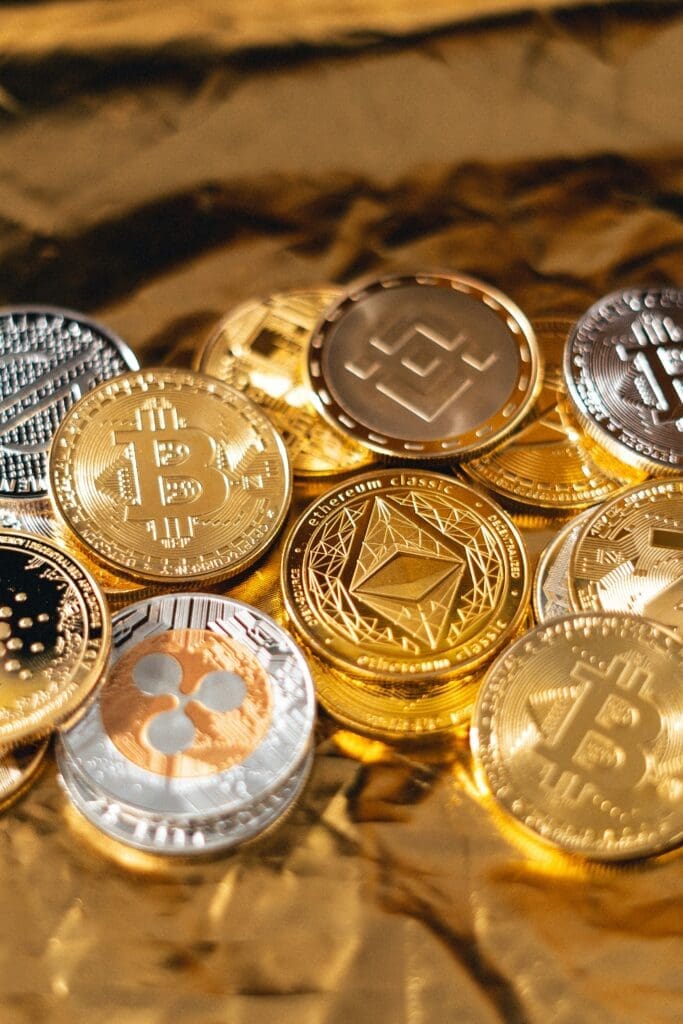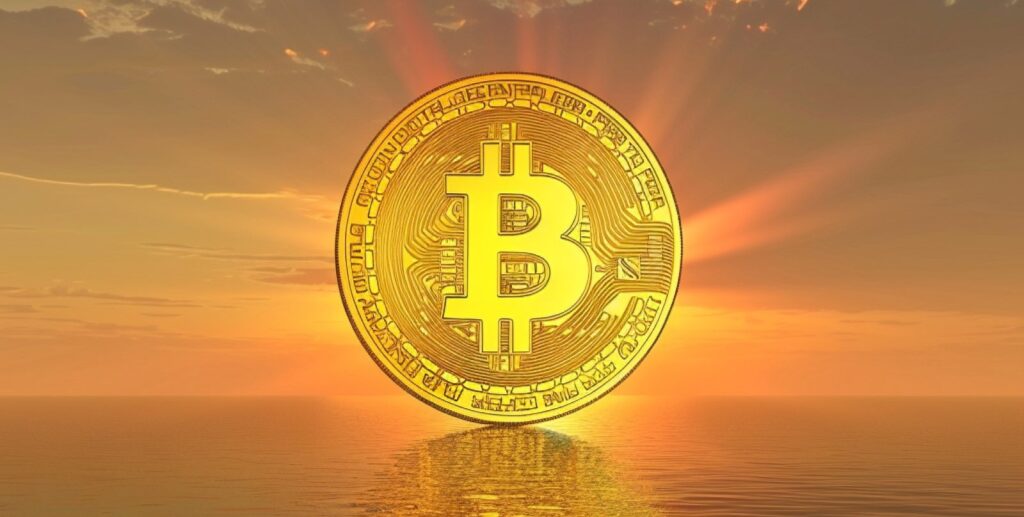Financial Freedom or Slavery – The Choice is yours

The insidious nature of fiat currency perpetuates a form of financial slavery that entraps individuals and societies in a cycle of economic dependency. Central banks hold the power to print money at will, leading to unchecked inflation and devaluation of existing currency. This continual erosion of purchasing power diminishes the hard-earned savings of individuals, forcing them into a perpetual struggle to maintain their standard of living. As the value of fiat currency dwindles, individuals find themselves working harder and longer hours just to keep up, further enriching the few who control the issuance of money while disenfranchising the masses.
The debt-based economy fueled by fiat currency creates a system where individuals become ensnared in a web of borrowing and indebtedness. Easy access to credit tempts individuals into living beyond their means, resulting in a cycle of debt accumulation that traps them in a state of perpetual servitude to financial institutions. The burden of debt restricts individuals from achieving true financial freedom, as interest payments and loan obligations consume a significant portion of their income, leaving little room for savings or investments that could break the cycle of financial bondage. In this way, fiat currency serves as a tool of control, keeping individuals chained to a system that benefits the elite at the expense of the majority.
The government borrows endless units of currency and pumps it into the economy, increasing the money supply, creating inflation, and devaluing the currency. As people fall behind, they take on debt, further increasing the money supply, which devalues the currency further and perpetuates a vicious cycle. Ultimately, this cycle leads to a scenario where the elites amass all the assets, while the masses can only hope to work to serve them. However, this unsustainable system is destined to collapse under its own weight. It is here that the concept of sound money, symbolized by Bitcoin, emerges as a beacon of hope. With its fixed supply and decentralized nature, Bitcoin offers a pathway to break free from the shackles of fiat currency, empowering individuals to reclaim sovereignty over their financial futures and safeguard their wealth from the predatory forces of economic enslavement. Importantly, Bitcoin transcends national boundaries, as no nation can control it and all who wish to participate can do so, ensuring a level playing field for individuals seeking financial liberation.
Bitcoin and Ethereum Market Recap
May saw Bitcoin surging by 11%, reclaiming most of its April losses and maintaining a price range of $60,000 to $73,000. Bitcoin’s dominance above 53% has limited altcoin price surges, while Ethereum experienced a notable spike, over $3900, following the announcement of an Ethereum ETF.
Institutional Influences and Market Trends
Questions linger about whether institutional demand for Ethereum will match that of Bitcoin. The potential for an impressive rally in both Ethereum and the broader altcoin ecosystem becomes apparent if institutional demand materializes.
Amidst these developments, Bitcoin ETFs in the US saw increased trading volume, with the Ishares ETF achieving a landmark by becoming the fastest ETF to amass $10 billion in assets under management over 700 days faster than any ETF in history. Furthermore, the Wisconsin pension fund became the first state pension to integrate Bitcoin into its asset portfolio, alongside two significant companies following suit and the Microstrategy blueprint by adding Bitcoin to their balance sheets.
View list of public companies that hold Bitcoin
Japanese company Metaplanet’s stock rose 90% after adding $6.56 million in bitcoin to its balance sheet in partnership with Sora Ventures and other crypto investors. The move aims to reduce yen exposure and offer Japanese investors crypto access with a preferential tax structure.
Regulatory and Economic Maneuvers
The Biden administration’s veto of a bipartisan bill that sought to permit banking institutions to offer custodial services for cryptocurrencies raised eyebrows, while Donald Trump pledged to safeguard individuals’ right to self-custody Bitcoin, countering anti-crypto stances.
On another front, concerns over the stability of the financial system prompted the US Treasury to initiate a bond buyback program on May 29th, aiming to infuse liquidity into the M2 money supply and prevent potential bank collapses. Simultaneously, global economic powers like China, the European Union, and the United Kingdom are poised to lower interest rates, potentially fueling a resurgence in Bitcoin and crypto markets in the latter half of 2024.
Navigating Economic Uncertainties
The ongoing efforts to bolster the monetary system raise pertinent questions about their ability to stave off recession without exacerbating inflation, potentially hastening the devaluation of the dollar. As a result, assets like gold, silver, and Bitcoin gain prominence as a means for institutions and individuals to safeguard their purchasing power.
Adoption of a Bitcoin Standard
Given the bleak financial landscape characterized by currency devaluation and economic disparity, the case for adopting alternative assets like Bitcoin grows increasingly compelling. Central banks worldwide are ramping up their gold reserves as they seek to fortify their treasuries with tangible assets, signaling a broader trend towards value preservation.
In this evolving economic climate, individuals are urged to proactively shield themselves against the impending debasement of fiat currencies. Embracing a Bitcoin standard offers a pathway towards securing wealth and sovereignty in a financial ecosystem marked by uncertainty and volatility.
As always, it’s important to conduct your own research and this is not intended as financial advice.







You must be logged in to post a comment.